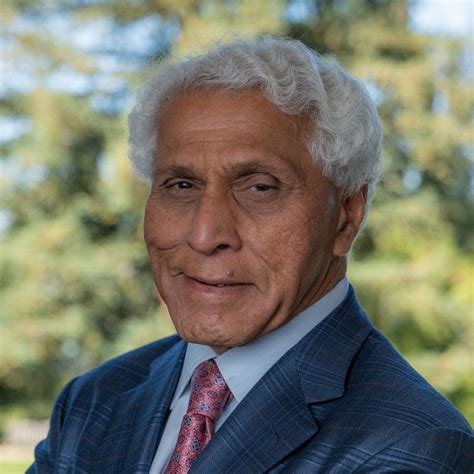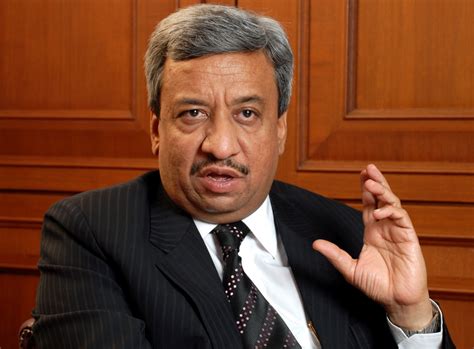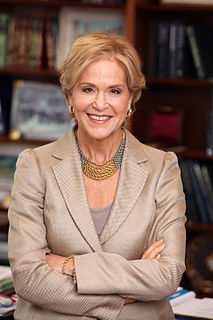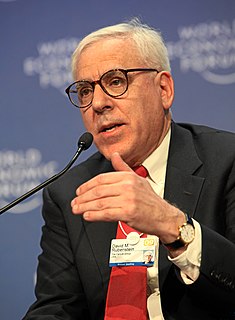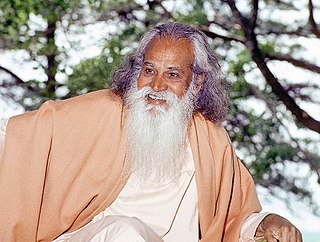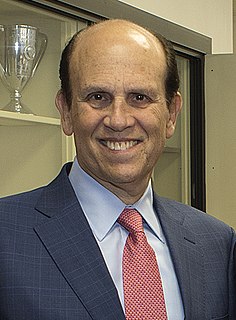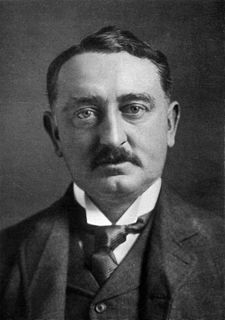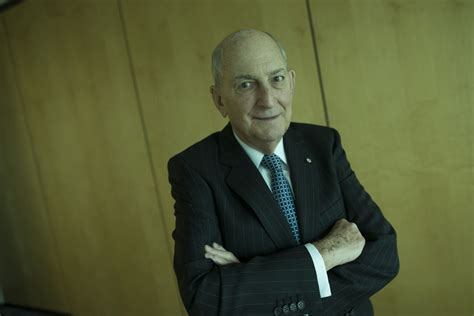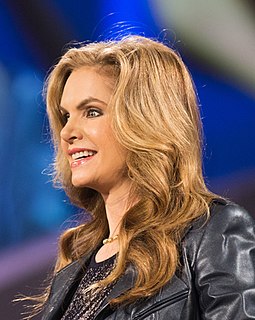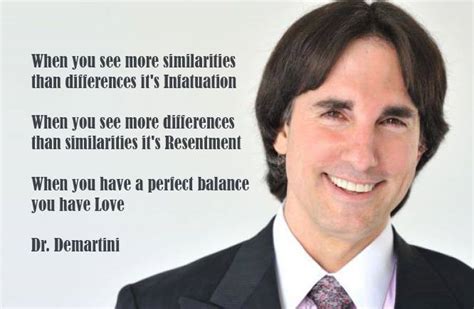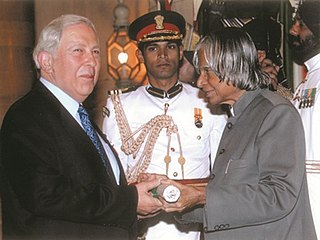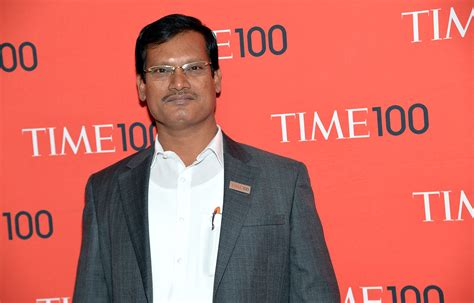Top 1200 Philanthropy Giving Quotes & Sayings
Explore popular Philanthropy Giving quotes.
Last updated on November 4, 2024.
One of the big myths about philanthropy is that it's all about donating funds for a cause. I like to look at it quite differently. Philanthropy is about 'giving' - not just in monetary terms but also in non-monetary aspects, like time, ideas, or being a volunteer. Donating money is just a small part of philanthropy.
Earlier in this century, philanthropy often flowed from the wills of dead industrialists. In recent decades, it's as likely to have come from a very alive business leader, entertainer, artist or sports star. The most effective of these patrons begin the process of giving by asking what they care about passionately.
There are three lessons in philanthropy - one, involve the family, especially the spouse. She can be a remarkable driver of your initiative. Two, you need to build an institution, and you need to scale it up. Choose a leader for philanthropy whom you trust. Three, philanthropy needs patience, tenacity and time.
I used to be opposed to the idea of social entrepreneurship. I said, you know, let business be business, and philanthropy be philanthropy. Keep the two separate, don't mix it up, and this is what I did, and I did that rather successfully, but I now recognize that actually you do need to mix it up and I think there is room for social entrepreneurship.
The intention behind our giving and receiving is the most important thing. When the act of giving is joyful, when it is unconditional and from the heart, then the energy behind the giving increases many times over. But if we give grudgingly, there is no energy behind that giving. If we feel we have lost something through the act of giving, then the gift is not truly given and will not cause increase.
I was encouraged to break all the rules but to take the best of philanthropy, the best of investing, and the best of development finance, and experiment with new ways to create this venture capital model of using philanthropy to back patient capital investments, and then build solutions that were measured in terms of the kind of impact and change they were making on people's lives and in the world, not just on the financial return.
God never estimates what we give from impulse. We are given credit for what we determine in our hearts to give; for the giving that is governed by a fixed determination. The Spirit of God revolutionises our philanthropic instincts. Much of our philanthropy is simply the impulse to save ourselves an uncomfortable feeling. The Spirit of God alters all that. As saints our attitude towards giving is that we give for Jesus Christ's sake, and from no other motive.
Private philanthropy is the direct expression of the great Christian principle of the brotherhood of man and the Golden Rule. Private philanthropy indeed is the only valid expression of these ethical principles; compulsory charity through 'social legislation' is the exact contrary: it is the evil imposition of force by one group on another.
The goal of the program, called Giving With Purpose, is to teach college students - and anyone else who cares to register - how to beneficially contribute to charity. That's not necessarily easy. There are IRS rules for giving that must be learned, and there is wayward, wasteful philanthropy to be avoided.
I think philanthropy is also growing and catching on. Figuring out how the philanthropy sector, which is quite small compared to the private sector, which is the biggest by far, and then the governments, you know, even in these poor countries over time has to take on these key responsibilities. How does philanthropy accelerate that? Drive the kind of innovations, make sure they get used well. So it plays this kind of special role.
I don't care if you're a parent giving to a child, a worker to a company, or a romantic to a lover, this behavior eventually leads to resentment. There's always a hidden agenda of What's in it for me? It's often suppressed, and this is why sacrifice is ultimately unwise and incomplete. Does this mean that there's no such thing as altruism, philanthropy, or generosity? No, it just means that anytime these exist, so do egocentricity, misanthropy, and greed. There's always a balancing force, even if it's sometimes hidden or unconscious.
I also think that employees these days expect less of a separation of work and personal life. That doesn't mean that work tasks should encroach upon our personal time, but it does mean that employees today expect more from the companies for whom they work. Why shouldn't your workplace reflect your values? Why is "giving back" not a part of our jobs? The answer for us is to integrate philanthropy with work.
In the ideal world, philanthropy should be redundant or at least it should be at the edges, as innovation or risk capital. But it's far from an ideal world; the wealthy are cornering more and more opportunities and resources from this planet. So, the big challenge for philanthropy is... can it engage with the distribution of wealth itself?



